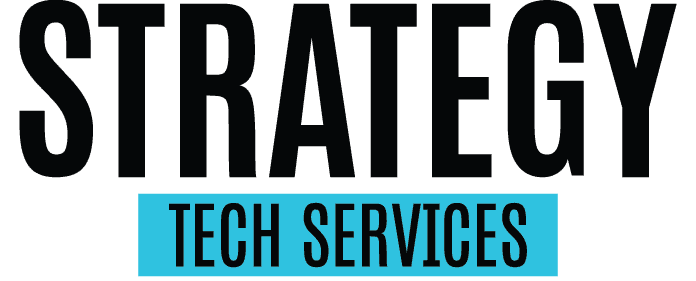
Healthcare is crucial to our lives as it provides organized medical care to individuals everywhere. In today’s digital age, technology plays a pivotal role in ensuring that healthcare practices run smoothly. It enhances communication between patients and providers, safeguards sensitive patient data, etc. It’s more important now than ever to keep technology up and running, as well as safe and protected. As a result, integrating information technology in healthcare has become indispensable. In this article, we’ll explore the various ways an IT support team can benefit your healthcare practice.
Secure Communication
One of the primary benefits of information technology in healthcare is its ability to enable secure communication channels. IT solutions are evolving rapidly, giving healthcare providers access to secure messaging platforms and telehealth options that revolutionize how they interact with patients and colleagues.
Secure messaging platforms provide patients and healthcare providers with the ability to communicate more efficiently and securely than ever before. These platforms offer encrypted communication channels, ensuring that sensitive information remains confidential and protected from unauthorized access. Discussing treatment plans, sharing test results, and providing follow-up instructions, can now all be done across departments and locations instantaneously. These secure messaging platforms facilitate seamless communication while also upholding patient privacy rights.
Moreover, IT teams can deploy cloud-based systems that offer real-time access to patient information, promoting collaboration among healthcare providers regardless of their physical locations. This is a great asset for discussing complex cases with specialists or coordinating care plans with multidisciplinary teams from anywhere. Cloud-based systems facilitate impeccable information sharing and decision-making processes.
Protect Patient Data
Information technology in healthcare plays a crucial role in ensuring the security and integrity of Electronic Health Records (EHRs) and other sensitive information. EHRs contain vital patient information such as medical history, test results, and medication records. IT teams manage and monitor these records to ensure proper documentation and easy accessibility for healthcare professionals.
Protecting patient data has never been more critical with cyberthreats targeting healthcare organizations every day. It only makes sense to leave safeguarding this information to the professionals. IT support employs advanced encryption protocols, access controls, and regular security updates to safeguard against potential breaches. Compliance with regulations such as the Health Insurance Portability and Accountability Act (HIPAA) is essential to maintain patient confidentiality and integrity.
By adhering to HIPAA regulations, IT support instills trust in the healthcare system. Patients can be confident that their sensitive information is protected, fostering a positive relationship between healthcare providers and the communities they serve.
Strengthen Cybersecurity
Given the sensitive nature of healthcare data, cybersecurity is paramount. Healthcare systems store vast amounts of confidential information, making them prime targets for cybercriminals. IT support teams employ a multi-layered approach to cybersecurity, including robust encryption protocols, access controls, and regular security updates.
Encryption ensures that sensitive data remains indecipherable to unauthorized users, even if they gain access to healthcare systems. Access controls limit data exposure by granting permissions based on users’ roles. IT support teams also stay updated on security trends and technologies, preemptively fortifying systems against evolving threats.
Compliance with regulations like HIPAA is essential to avoid violations and subsequent penalties, as well as unauthorized access. IT support teams ensure adherence by implementing stringent measures to safeguard patient information. And healthcare organizations prioritize cybersecurity to preserve patient trust and confidentiality.
Remotely Monitor Patients
Advancements in information technology in healthcare enable the remote monitoring of patients’ health data in real-time. Through the setup of devices that collect and transmit patient data, healthcare professionals can monitor changes in their patients’ conditions promptly. This proactive approach not only improves patient experience but also enhances the overall quality of care delivery.
Remote patient monitoring offers numerous benefits, particularly for individuals with chronic conditions who require ongoing supervision. The ability to track vital signs, medication adherence, and lifestyle factors allow healthcare providers to intervene early, preventing complications and reducing hospital readmissions. Additionally, remote monitoring promotes patient engagement and empowerment by involving them in their own care management, leading to better health outcomes and improved quality of life.
Take Advantage of Everything Strategy Tech Services Has to Offer
The integration of information technology in healthcare is essential for both healthcare providers and patients. IT support enhances every aspect of healthcare delivery from secure communication and patient data protection to remote monitoring and cybersecurity. At Strategy Tech Services, we understand the critical role of technology in healthcare and offer comprehensive solutions to meet your needs like general IT support, cybersecurity enhancements, or assistance with implementing telehealth solutions. Our team of experts is here to help. We specialize in designing IT solutions that ensure the seamless operation of your healthcare practice. Book a conversation with Strategy Tech Services today and let us help you leverage the power of information technology to provide exceptional care to your patients.


